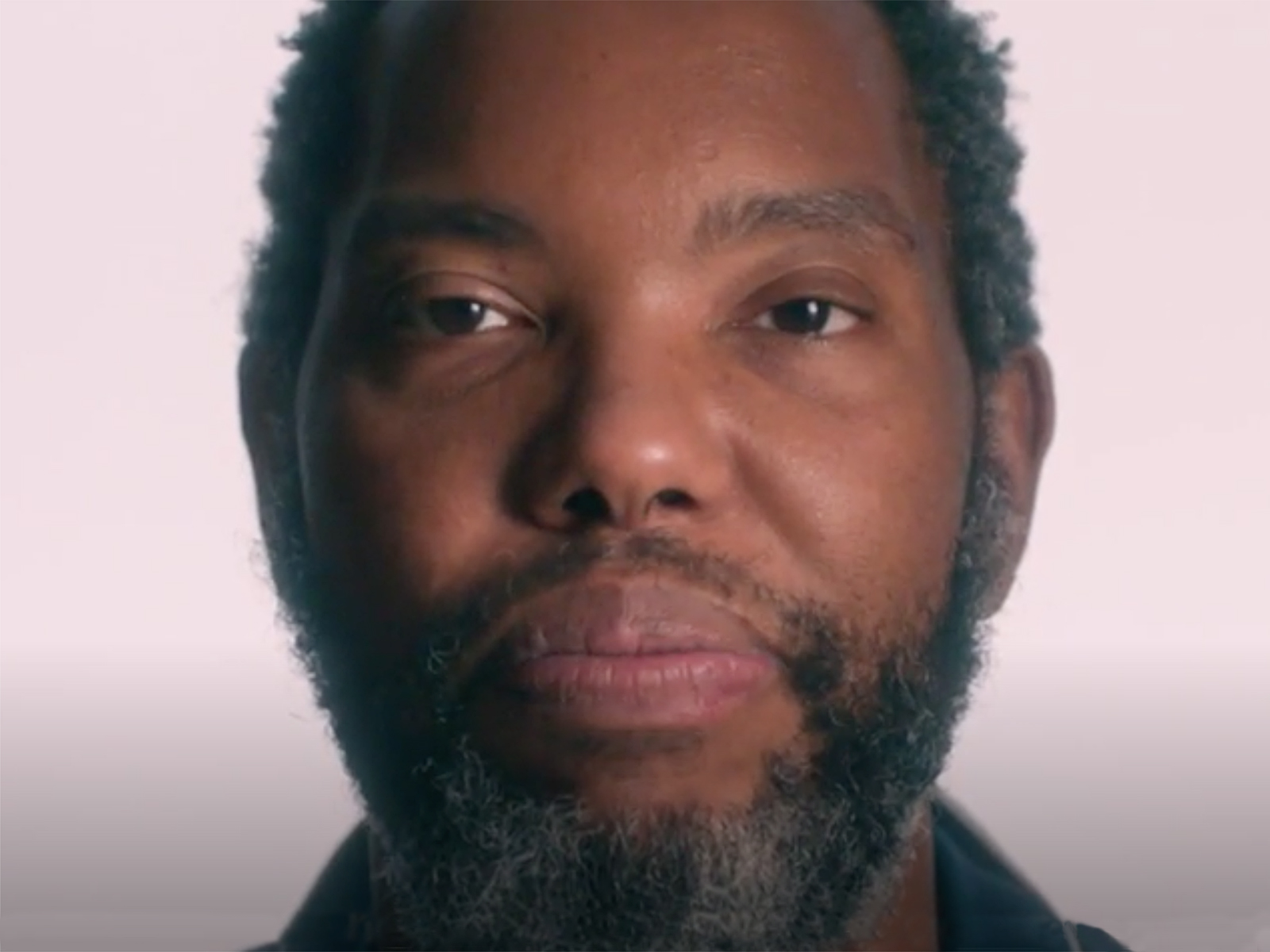
- Industry
“Between the World and Me”: A Conversation
In 2015 Ta-Nehisi Coates, a native of Baltimore wrote his bestselling non-fiction book “Between the World and Me” as a letter to his then 15-year-old son. In it, he speaks of the emotions and realities of being Black in America. The author, who is 45, used to be a writer for The Atlantic, specializing in socio-cultural and political topics, including White supremacy. He also wrote the fifth volume of Marvel Comic’s “Black Panther” series. His first name is of Egyptian origin, gender-neutral and means Nubia/Land of the Black.
Last year, director Kamilah Forbes adapted his book into an HBO film where the words are not spoken in the voice of a single father but in blending the voices of many. The director, executive producers and artisans who worked on the film spoke about the project recently as part of the Variety Streaming Room series.
Filming began in August of 2020, in the midst of a social awakening, the height of the Black Lives Matter movement in the aftermath of the George Floyd, Breonna Taylor, Ahmaud Arbery, and countless other killings of African Americans. The timing was crucial, said, Forbes:
“I like using art as a call to action, but it always starts with the personal. We started in 2020 when we were all in the midst of the lockdown, in the midst of the pandemic while watching on the news the George Floyd case, Breonna Taylor, and almost feeling a sense of paralysis: here this is happening again, what can I do? My body, my soul was aching. I didn’t necessarily set out to do a documentary to shine a light on the issue, there have been plenty of docs made on that topic. We wanted to bring a sense of healing. The book is centered on family, the film is centered on family. All our casting was done strategically, where people were personally connected with the content.”
The cast includes actors Angela Bassett, Mahershala Ali, Mj Rodriguez, Phylicia Rashad, Joe Morton, Yara Shahidi, the songwriters Tariq Trotter who also provided the music, Ledisi, writer and producer Janet Mock, the activist Angela Davis and the writer himself, among others.
Tariq Trotter spoke of the importance of this casting: “What makes this film significant, was the way it gave us such a wide range of relatable and recognizable faces to associate the subject matter with. As I read, I always thought I was listening to my own conscience, some extension of myself. The book took me on this journey, and it felt very familiar to my own journey. The film felt like something that was for and about me. In regard to the song, music has always been something that helped us be attuned with our own spirituality, our humanity and mortality.”
An actor who has a very deep connection to the material is This Is Us’ Susan Kelechi Watson: “I was asked to do the piece at the reading at the Apollo in 2018.” For the film she read and performed the part on the campus of Howard University, a college she herself (as well as Coates) had attended: “That was very emotional for me because I hadn’t been back for a while. When I performed it on stage it was very different, in the film the retelling felt very experiential. I could actually point to the building; it was much more visceral.”
The making of the film felt very personal to all involved, said producer Alisa Payne: “When I got the call, my son was 15 years old, so as a Black mother raising a Black boy, I felt the need to take it on. It started out as one father’s story about the destruction of the Black body and the contributions of Black people in America, but it’s not limited to that pain of that one Black family, it’s not a male thing, it’s not a female thing, we all experience it. It’s the entire community, we also see it with Asian hate, etc. {To be} involved was important to me as a mother of two teenagers.”
Cinematographer Christine Ng tried to bring out the closeness between the performers and the material: “We wanted this framing; we wanted this intimacy but then we also wanted to break it. We added a handheld to it. We wanted to see people in their own homes and how they reflect on their own families, their own communities and bring another level of intimacy that broke this frame.”
Editor Daysha Broadway talked about the emotions of being drawn into the words: “When I was cutting the scene Phylicia Rashad is giving this amazing performance, and there is the light coming in through the window and I wanna catch that, I don’t wanna cut away from that. She is personalizing Prince Jones for people who don’t know him… I started crying when she started crying.”
The archival team managed to find footage that the audience had not seen before, which was very important to the director: “I didn’t want to show the same material that we have all seen in numerous documentaries over the years.” Producer Alisa Payne was drawn to the poetic writing of the author that “has so much symbolism and metaphors. He juxtaposed language against one another, and I wanted the film to feel the same way.”
One thing everyone agreed on was best said by director Forbes: “The unfortunateness of the time and the country we’re living keeps this very current… But Black people always found the beauty, the culture. How we’ve always moved through despite the conditions of this country.” But, she adds: “Showcasing families, at a time when families are hurting and needing something to heal, I wanted to make a film that wasn’t retraumatizing people, but rather (would) shine a light on the beauty of Black life, the beauty of the Black family, the beauty of the Black body.”

